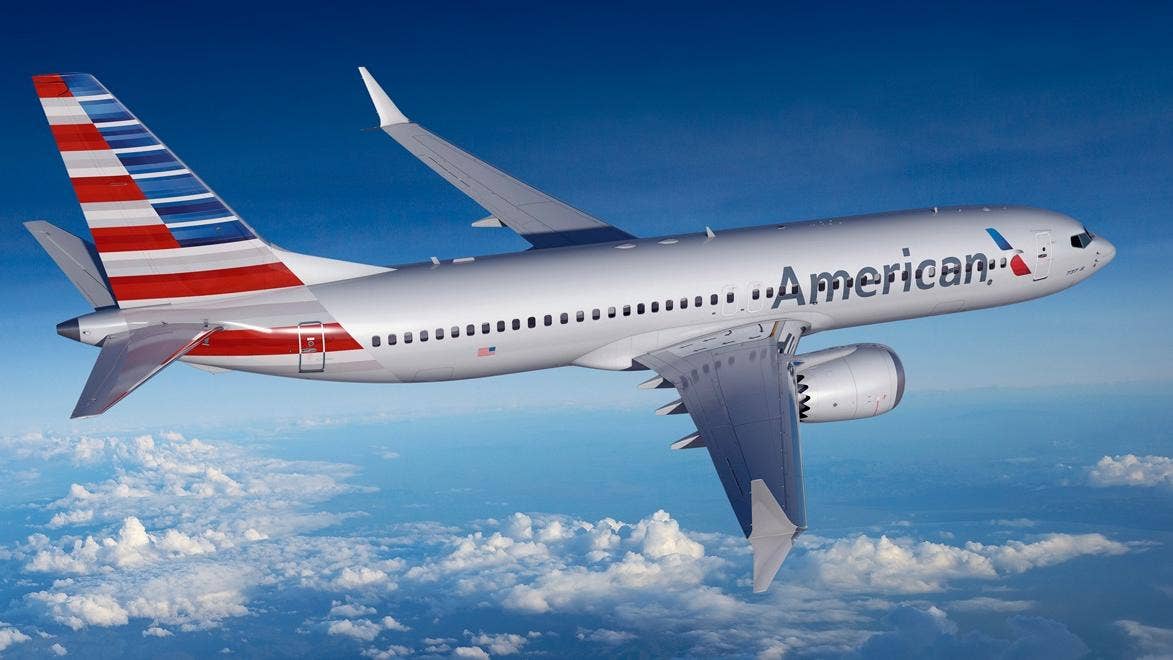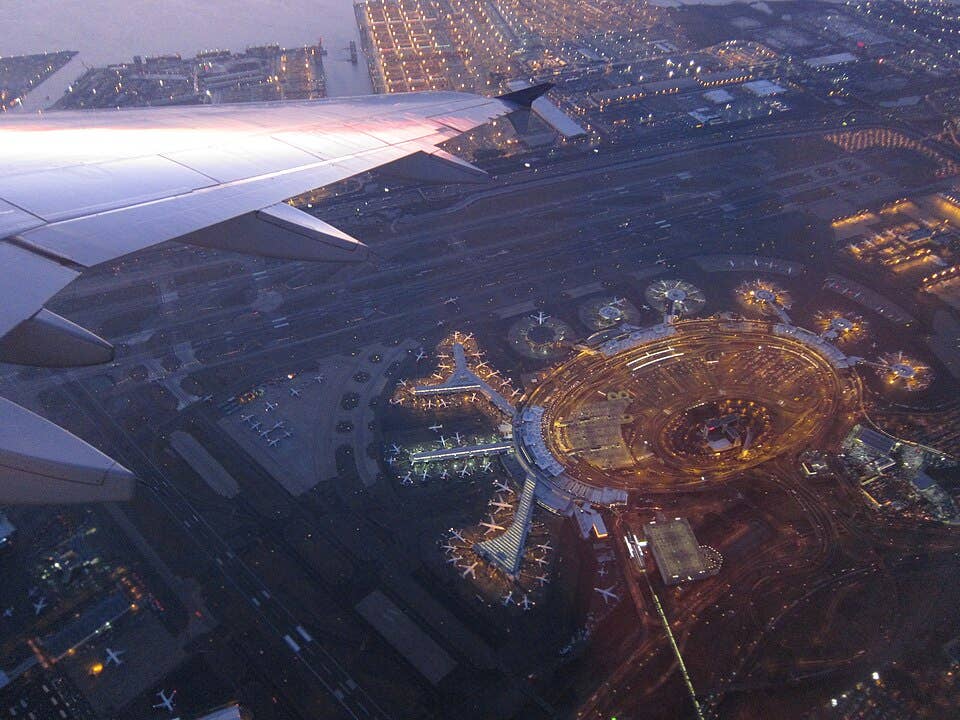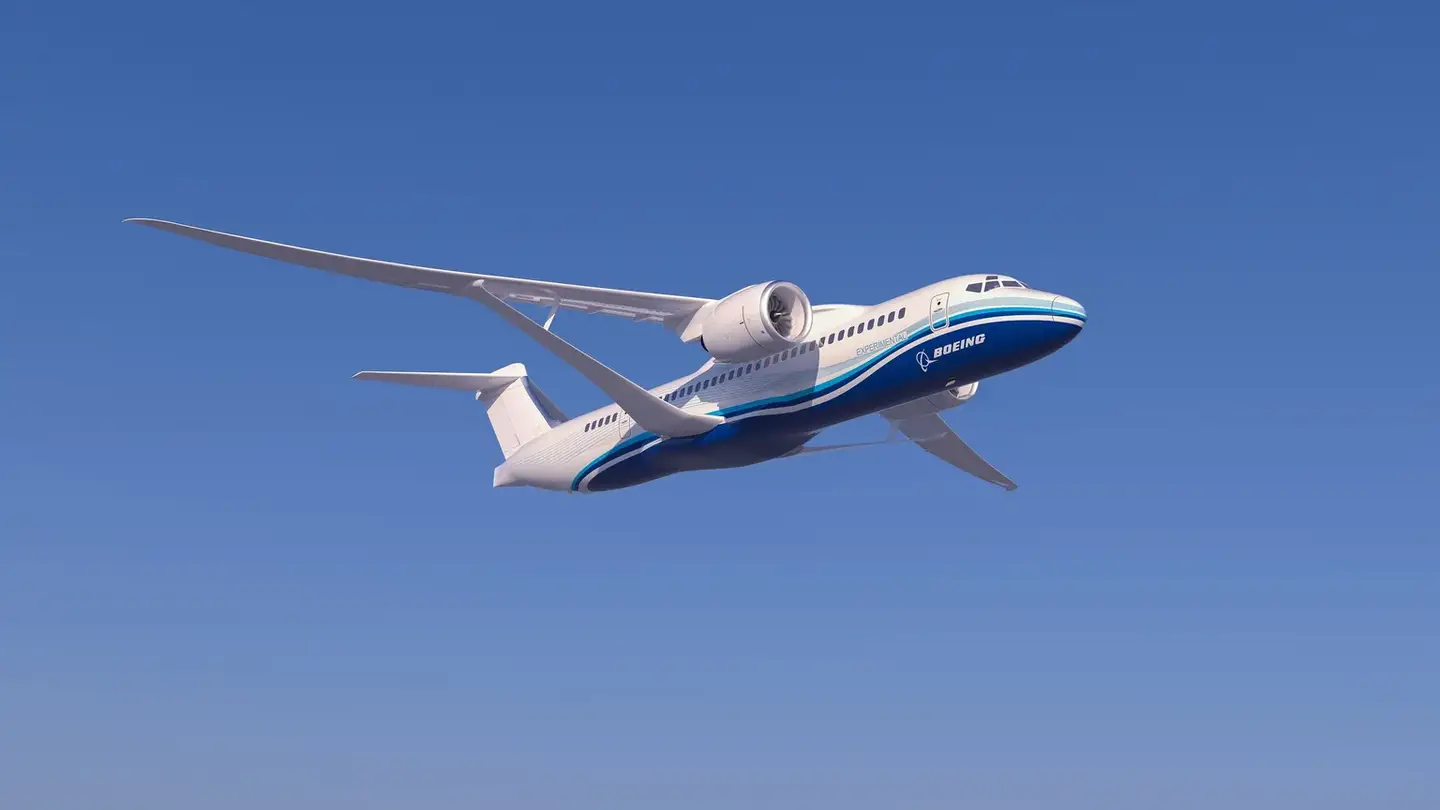U.S. Aviation Benefits From New COVID Relief Package
The $1.9 trillion COVID-19 relief package called the American Rescue Plan was signed by President Biden today and will set up far-reaching economic aid that will directly impact commercial aviation….

The $1.9 trillion COVID-19 relief package called the American Rescue Plan was signed by President Biden today and will set up far-reaching economic aid that will directly impact commercial aviation. Some $65 billion of the program is intended to shore up industries that have been hardest hit by the pandemic, including aviation, tourism and restaurants, with aviation sectors slated to get $15 billion of that.
In a memo to American Airlines employees, CEO Doug Parker and President Robert Isom said that announced furloughs would not happen, at least for now. “For our 13,000 colleagues who received worker adjustment and retraining notification notices last month, those are happily canceled … you can tear them up!,” they said in a statement. United Airlines’ Scott Kirby said, “By extending PSP, our teams will be able to remain current in their training and ready to match expected future demand. Thousands of frontline workers will now receive paychecks and healthcare through September, which is especially critical while vaccine distribution continues to ramp up.”’
Yesterday, GAMA’s Pete Bunce said, “Over the last year, the COVID-19 pandemic has had a significant impact on the general aviation industry. This program will help strengthen our fragile supply chain, keep highly skilled workers in the industry, as well as support some of the smaller companies that need assistance to maintain operations. While our industry continues to face headwinds, it will be the resilience and dedication of our workforce that gets us beyond the pandemic.”
After Congress had passed the bill but before Biden had signed it, Airlines for America CEO Nicholas E. Calio said, “On behalf of our member carriers, Airlines for America (A4A) applauds the U.S. Congress for passing the American Rescue Plan (ARP), which includes provisions to extend the highly successful Payroll Support Program (PSP) that has been vital to preserving the jobs of the U.S. airline industry’s hardworking employees—flight attendants, pilots, mechanics, gate agents and others.”
The immediate beneficiaries are the airlines, who are said to be burning $5 to $6 billion a month to maintain even reduced staffing levels as air travel continues to slowly return. Data for the first week in March shows commercial aviation still down 40 percent compared to the same period in 2020, which was before the pandemic began to seriously affect air travel. The airlines are not expected to return to profitability until 2022 and international air travel is expected to lag behind domestic travel in any kind of recovery through 2021.






